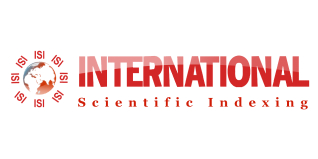Abstract
This empirical research investigated the future outlook of Nigerian Agricultural Sector Growth in the light of global financial developments using linear and symmetric price transmission mechanism model (ECM). The study made use of annual time series data covering GDP-Agriculture and its subsectors which spanned from 1990-2012. The findings showed that long-run association exit between agriculture and its sub-sectors with the mother sector establishing long-run equilibrium with its sub-sectors, though the convergence rate was moderate as indicated by the attractor coefficient. Furthermore, results showed that all the sub-sectors have positive influence on GDP-Agriculture with crop sub-sector having a lead influence when compared to other subsectors. Therefore, the study recommends that government should adopt adjustment strategies that hinges on shoring-up gross agriculture revenue to compensate for the dwindling oil revenues given that the prospect for the country economy depend on the policies articulated for the medium-to-long term and the seriousness with which they are implemented.
Permalink
Keywords
Agriculture, Economy, Growth, ECM, ARIMA, Nigeria
Author Affiliations
Sadiq M S
Department of Agricultural Economics, SKRAU, Bikaner, India
Singh I P, Grema I J
Department of Agricultural Technology, Yobe State College of Agriculture, Gujba, Nigeria
Dates
February 2018
Volume 4
No 1



